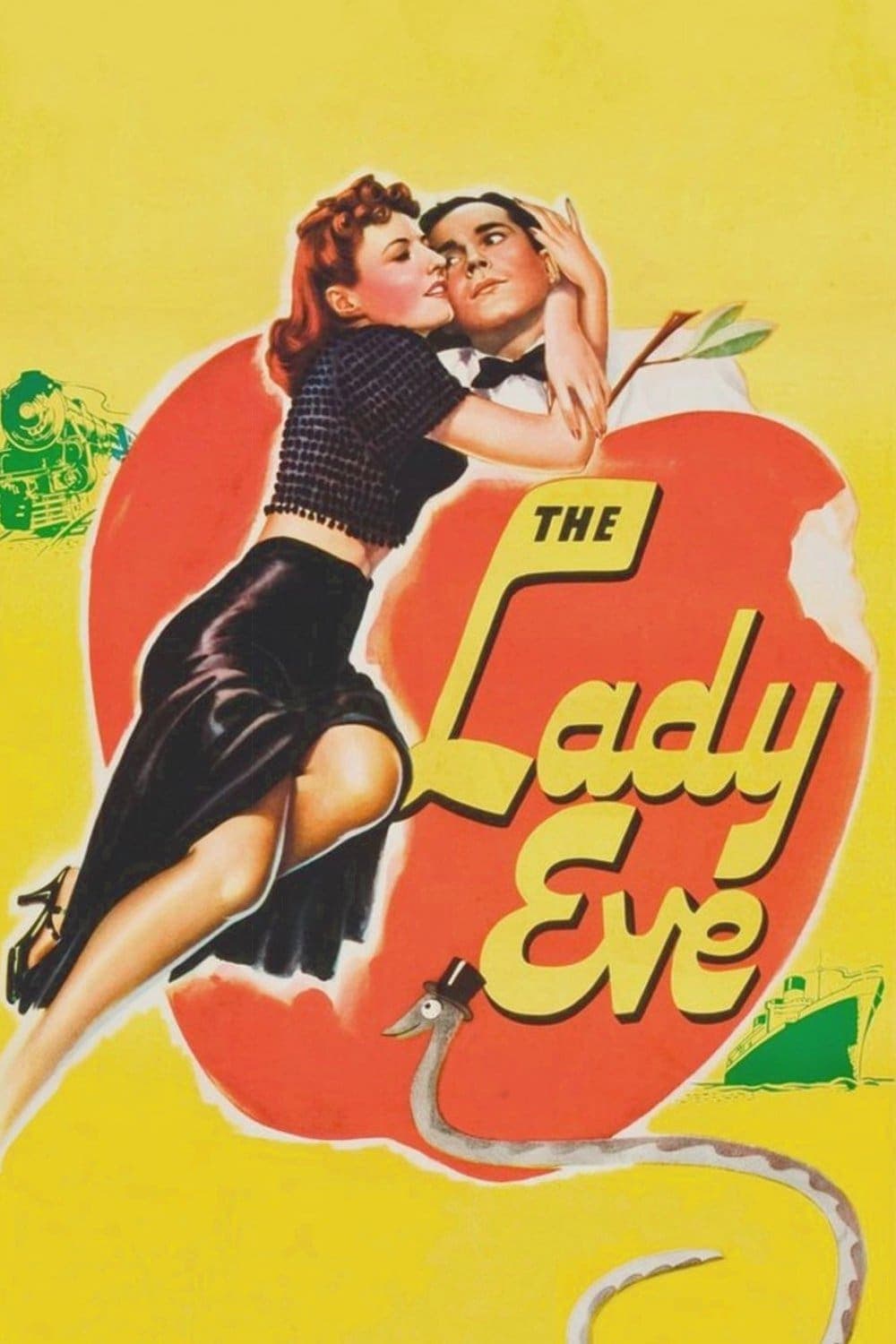
The Lady Eve
1941
Rate this movie
Average: 0.00 / 5
(0 votes)
Director
Preston Sturges was a complete filmmaker, passionate and independent. An anomalous and extraordinarily influential figure in an era, that of classical Hollywood, when the studio system exerted iron control over every aspect of production. His peculiar freedom, earned thanks to an infallible knack for successful screenplays that allowed him to dictate his terms to Paramount, was not just a privilege, but the true matrix of his unmistakable stylistic signature. This autonomy allowed Sturges to hone an authorial voice that defied conventions, crafting sophisticated comedies that were at once sagacious social satires and celebrations of human folly, always tinged with an affectionate cynicism. And Sturges always enjoyed ample freedom, which allowed him to refine the stylistic signature of his works.
The Lady Eve perfectly embodies this vision, narrating the escapades of a cynical fortune hunter, the brazen and irresistible Jean Harrington (Barbara Stanwyck at the peak of her art), who devises a plan to seduce a young millionaire, Charles Pike (the impeccable Henry Fonda), heir to a brewing empire, during a transatlantic cruise. Pike, a naive man of science obsessed with reptiles, is the perfect "mugg," the ideal target for the con artists' gang of which Jean is a part. But the comedy takes an unexpected turn: having fallen in love with the young man, Jean reveals her true intentions to him, a gesture of unexpected honesty that costs her dearly, leaving her heartbroken and with her dignity wounded. The turning point is triggered by Pike's indignant reaction, unable to reconcile the woman he loves with her newly discovered identity as a con artist. To win him back, Jean must not only transform herself and her life, but also reshape Pike's perception of her, embodying a new identity, the sophisticated aristocrat Lady Eve Sidall, not only to take revenge for his moral rigidity, but also to prove to herself and to him that love can overcome any lie. And nothing will be as it once was, because fiction, in Sturges's work, is often the most direct path to truth.
A work that entertains with rare intelligence, imbued with a subtle irony that delves into social conventions and that bit of moral rigor which, in Sturges's view, is often more an impediment than a virtue. The film is a sublime example of "screwball comedy," a genre that flourished in the 1930s and 40s, but which Sturges elevated to new heights of psychological complexity and social satire. Unlike other screwball comedies of the era, such as Bringing Up Baby or It Happened One Night, The Lady Eve goes beyond the simple battle of the sexes or the clash of classes, exploring the malleability of identity and the performative nature of love itself. The plot is not merely a pretext for laughter, but a laboratory in which the follies of passion, the blindness of infatuation, and the impossibility of distinguishing authenticity from performance are dissected, especially when desire becomes acute.
The dialogues between the two protagonists are famous and unforgettable, true verbal fireworks, with crackling back-and-forth exchanges that often spilled into the most unbridled, yet always calibrated, nonsense. Sturges, with his theatrical background on Broadway, constructed his screenplays like musical scores, where every line, every pause, every verbal overlay contributed to a relentless and irresistible rhythm. Minor characters, such as the loyal Mr. Muggsy (William Demarest), Pike's cynical comedic foil, or Jean's accomplices, enrich the verbal tapestry with eccentricity and homespun wisdom, demonstrating Sturges's mastery in creating an ensemble universe where even the smallest bit part has a memorable line. This unrestrained linguistic play, which alternates with physical comedy (Fonda's repeated falls are a hilarious leitmotiv), elevates the film far beyond simple farce, transforming it into a witty examination of the hypocrisies of courtship and marriage. Pike's "moral rigidity" is systematically dismantled by Jean's relentless logic and calculating sensuality, revealing how morality can be subjective and easily bypassed when desire and revenge are at stake.
The film, released in 1941, was a tremendous success and established itself as a cornerstone of the genre, a beacon for future generations of filmmakers. Its influence is felt in films that have continued to explore the themes of dual identity and romantic deception, from Billy Wilder's Some Like It Hot, which shares the same acuity regarding disguises, to contemporary romantic comedies that play with social masks. The Lady Eve is not simply a mood-altering film, offering a liberating catharsis through laughter; it is a complex work of art that challenges the viewer to look beyond appearances, to question the nature of truth in love and the eternal dance between reason and passion. It is a monument to Sturges's brilliance, a man who, with ingenious audacity, managed to convey subversive and profound messages beneath the polished and sparkling veil of Hollywood comedy, and that's saying something.
Country
Gallery
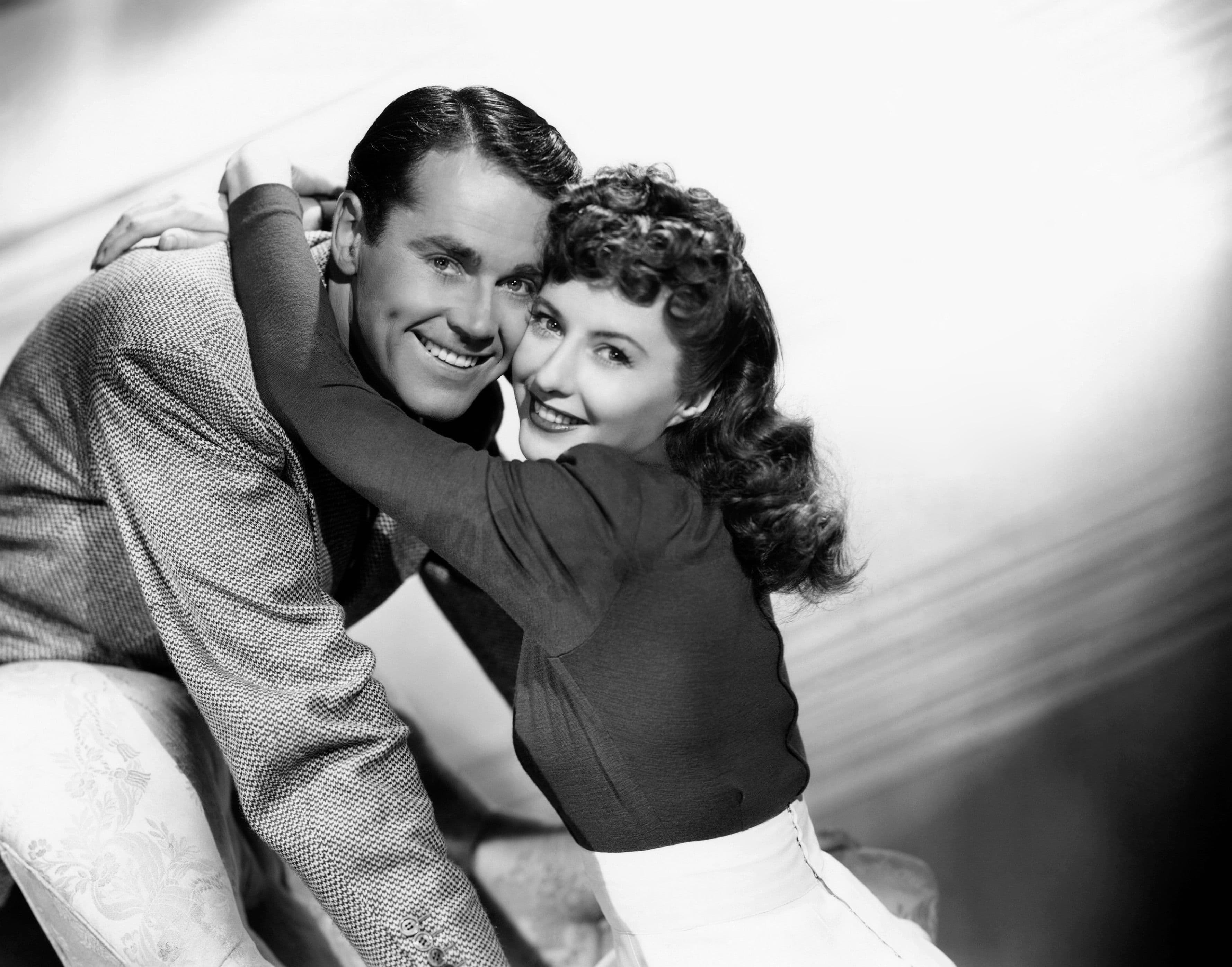
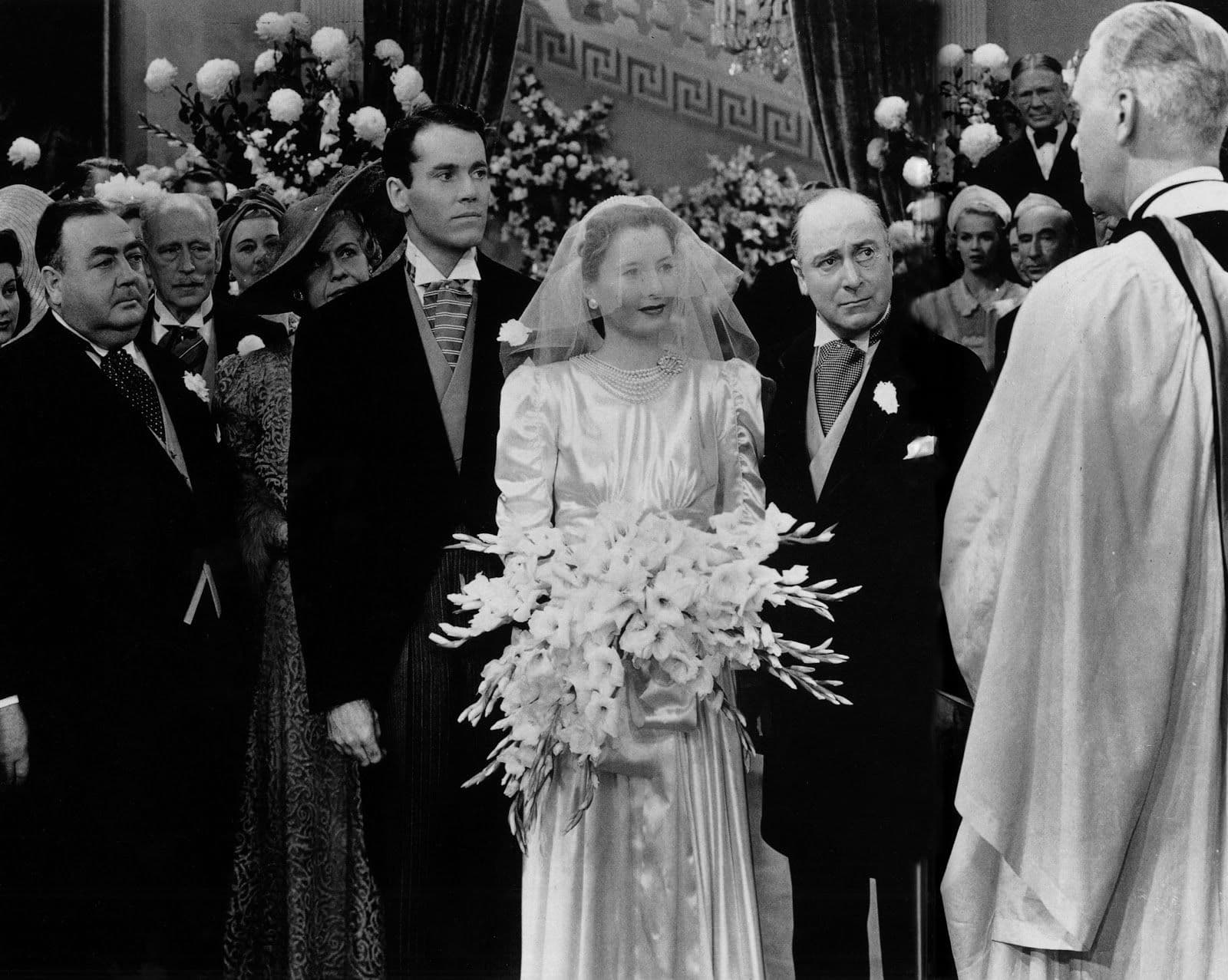
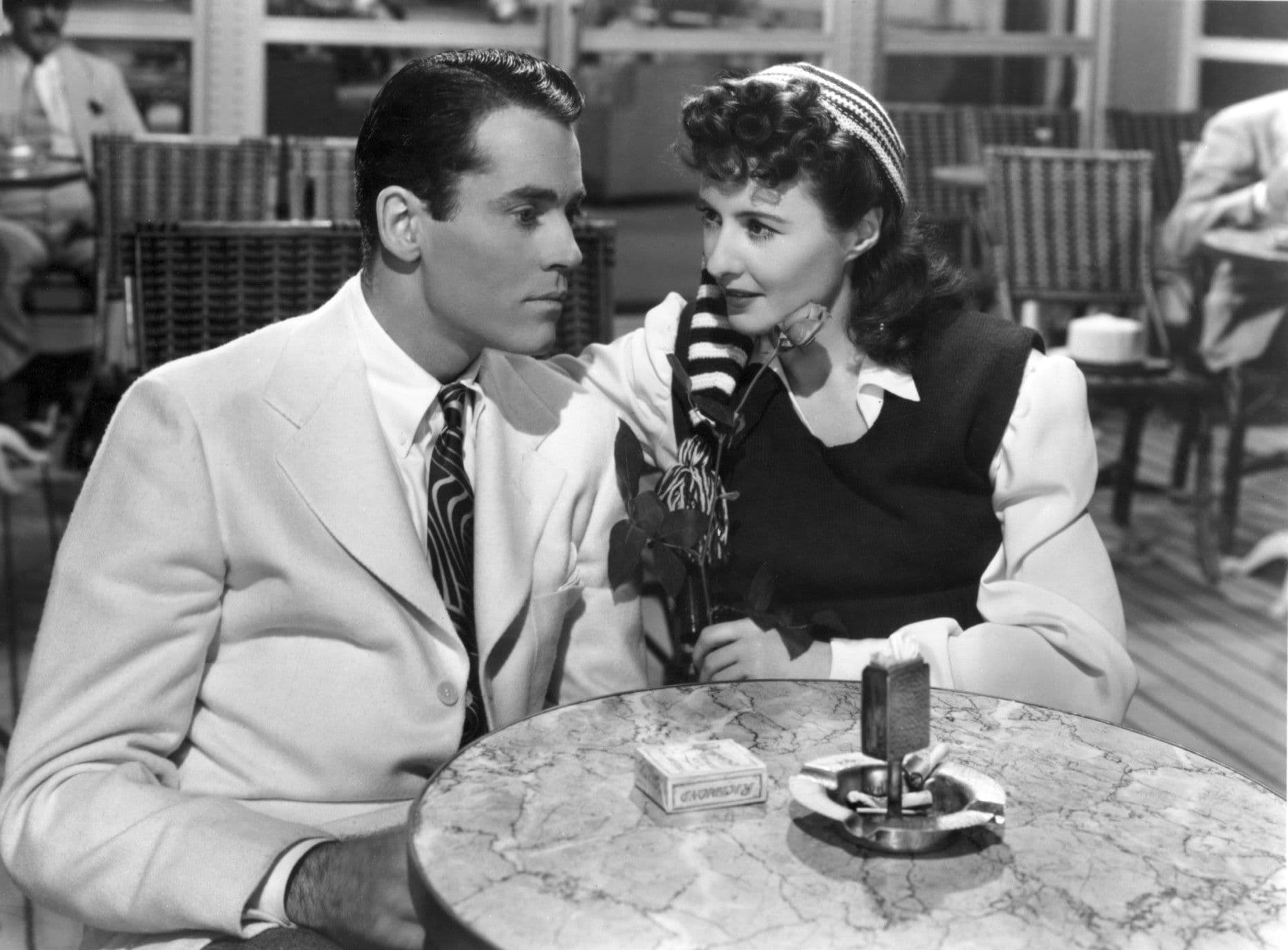
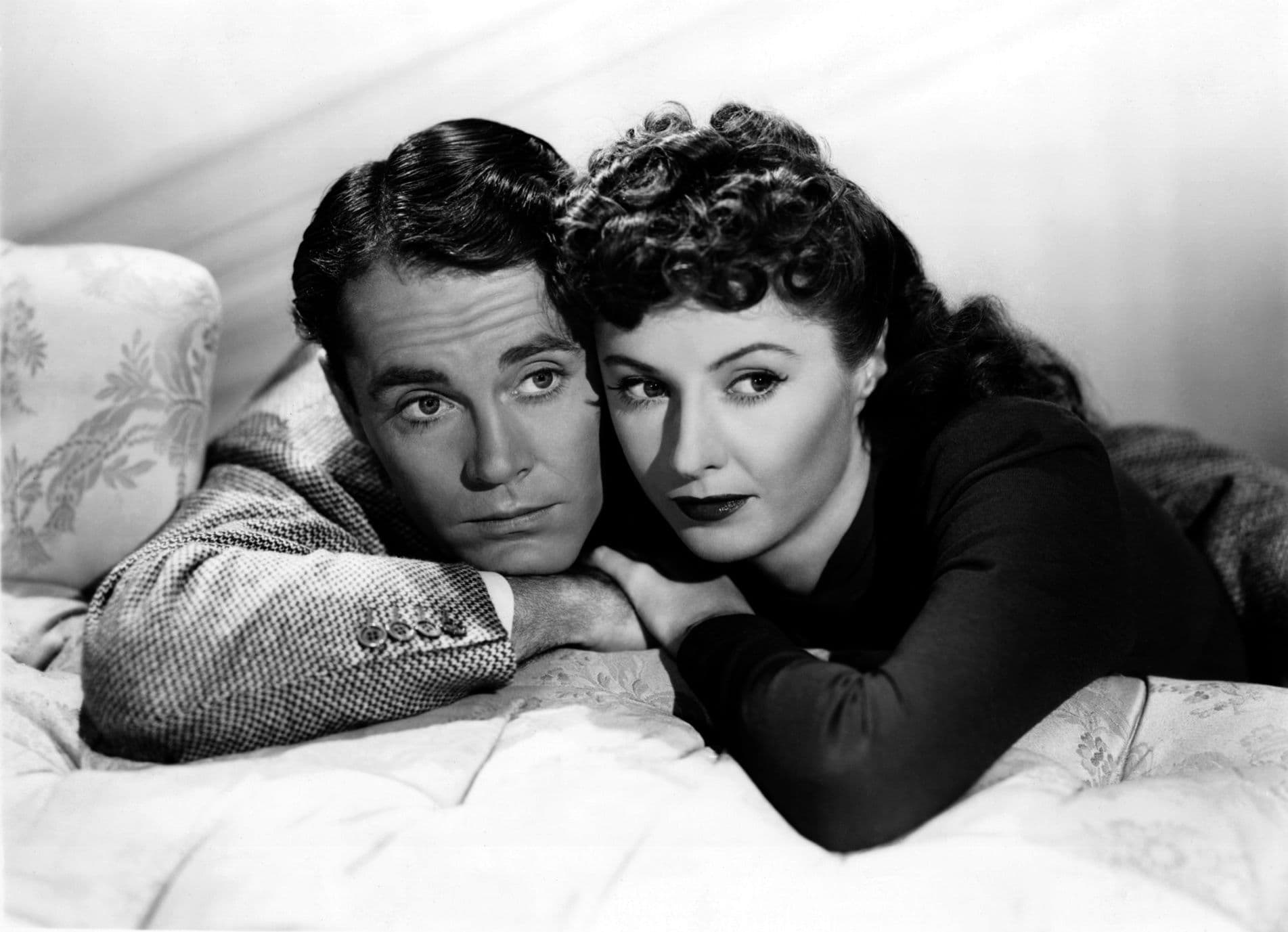

Featured Videos
Official Trailer
Comments
Loading comments...